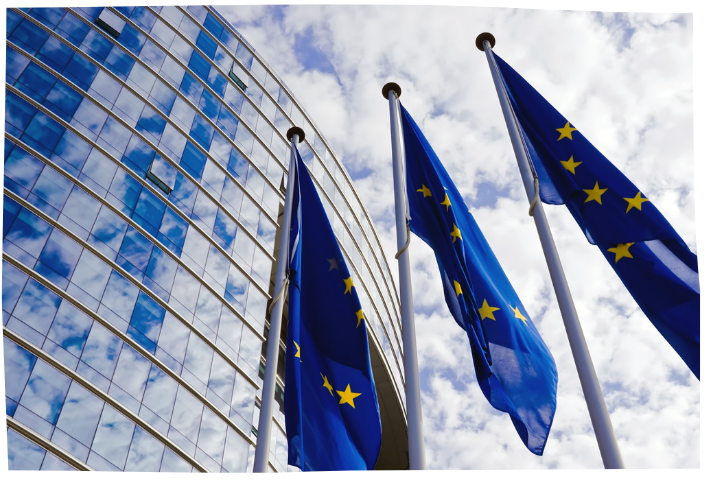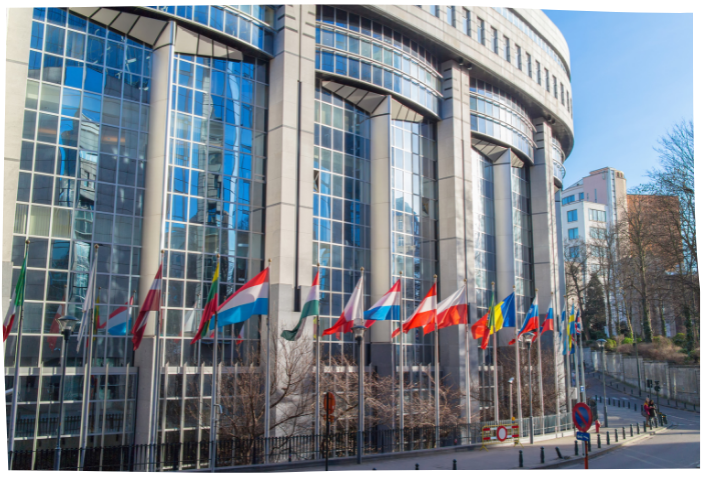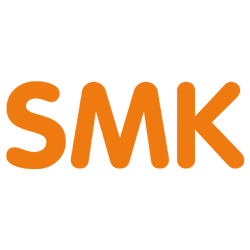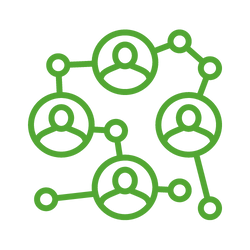Development process
There is a strict procedure for the development and review of EU Ecolabel requirements. For each product group, it is decided which lifecycle phase has the greatest environmental impact. The criteria are then formulated to reduce that impact. These criteria are based on scientific studies and extensive consultation with NGOs, consumer interest associations, industry organizations, and businesses. See the development process below.
Requirements
The criteria must be accepted by both the Member States of the European Union and by the European Commission. Once the criteria have been published, an application for the EU Ecolabel can be submitted for relevant products. Responsibility for checking application files and awarding the EU Ecolabel, if all requirements have been satisfied, rests with independent bodies, also known as competent bodies. In the Netherlands, the competent body is SMK.

The process
The procedure for developing the criteria is as follows:
- The Joint Research Centre (JRC) – the internal scientific agency of the European Commission – is the party with responsibility for developing/reviewing the requirements for the product group and inviting stakeholders to participate in an ad hoc working group (AHWG). The working group involves various stakeholders, including NGOs, consumer interest associations, industry organizations, and businesses.
- The working group meets between two and three times per year in order to comment on the criteria based on the results of studies, including feasibility, environmental, and market studies, improvement analyses, and revision of existing lifecycle analyses.
- The board of the European Ecolabel (European Union Ecolabelling Board [EUEB]) discusses the draft criteria during the requirements development process.
- The draft criteria are presented to the respective agencies of the European Commission. The draft criteria are then presented to the EUEB.
- The criteria are then voted on by a legislative committee of national authorities.
- The European Commission ultimately lays down the final criteria.
- The decision of the European Commission is announced in the official journal.
Who does what
There are a number of different stakeholders involved in the development process, all of whom play an important role. We explain who has which role below.
EU Ecolabelling Board (EUEB)
The EU Ecolabelling Board contributes to the development and review of the EU Ecolabel criteria. The EUEB also issues advice to the European Commission and makes recommendations with regard to, inter alia, the environmental performance requirements.
The board is composed of representatives of the competent bodies of the European Union, Iceland, Lichtenstein, and Norway and representatives of the following organisations:
3 EU /UN Bodies:
- European Chemical Agency (ECHA)
- European Investment Bank (EIB)
- International Labour Organization (ILO)

European Commission
The European Commission manages the EU Ecolabel program and ensures that it is implemented correctly in accordance with the EU Ecolabel Regulation.
In addition, even if the development and review of the EU Ecolabel criteria can be initiated and managed by parties other than the European Commission (states, competent bodies, and other stakeholders), the European Commission remains responsible for compiling the final version of the criteria and documents. The European Commission approves EU Ecolabel criteria for all product groups as ‘decisions of the Commission’ once the legislative committee for environmental labels has accepted the criteria with a qualified majority.

Competent Bodies
Competent bodies are independent and impartial organizations that have been appointed by the European Member States within or outside of the ministries. They are responsible for implementing the EU Ecolabel at a national level and are the first point of contact for all queries from applicants. These bodies assess applications and award the EU Ecolabel to products to satisfy the set criteria. As independent parties, they are also responsible for ensuring that the certification process is carried out in a consistent, neutral, and reliable manner.
All competent bodies meet three times a year at the forum for competent bodies in order to exchange experiences and to ensure the consistent implementation of the regulation in individual countries. SMK is the competent body in the Netherlands.

Stakeholders
Various stakeholders are involved in the development of criteria for a specific product group, including industry organisations, traders, importers, environmental and consumer organisations, service providers, industry, and trades unions.


